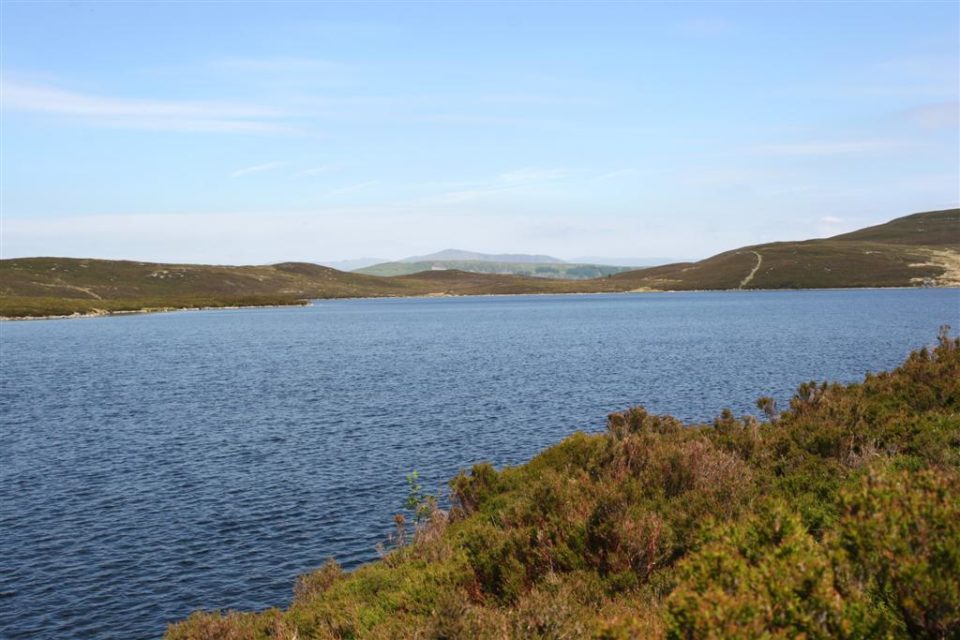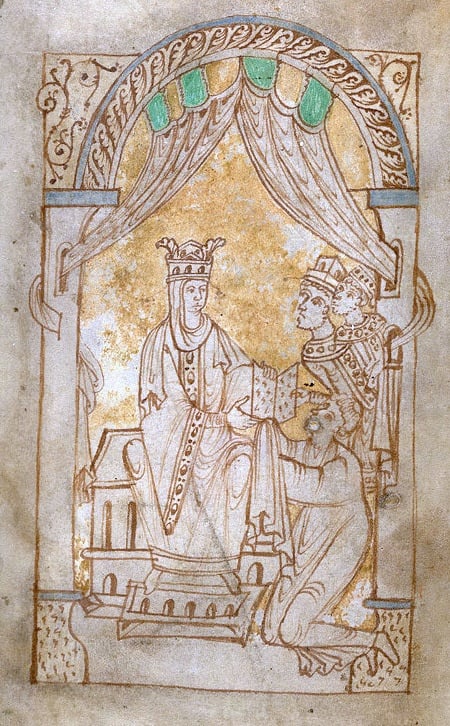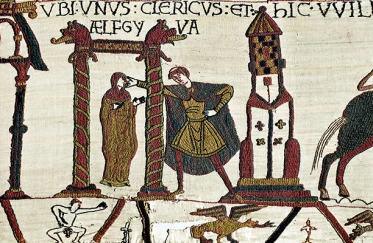Podcast: Play in new window | Download
Here is the story of Macbeth. If you have just tuned into this episode because of the title, know that it is the second episode in a two-part series. You will want to go to the previous episode, Double Double Toil and Trouble, and listen to that first. There you will learn about the peculiar region that spawned this shadowy highland King.
Since some very angry people are accusing me of lying in my intro, here are my receipts.
- Presidential ire directed at Portland
- The recent far right riot in Portland
- The Far right planning their violent riot in Portland
- The far right proud boy pointing a gun at the public
- The far right militias setting up checkpoints
I don’t lie. Furthermore, I was just explaining why the episode was delayed. These are all real things that have happened, they are having a real impact on the lives of the people who live in Portland, and if you feel attacked by this then maybe reassess who you’re aligned with.
Because this has been messed up.
And since I’ve had some people claim that BLM are the real problem… here’s something I wrote regarding the protests against police violence, and appalling degree of police violence the city has experienced as a result.
The issue is a lot more complicated than the soundbites you’re getting on cable news.










